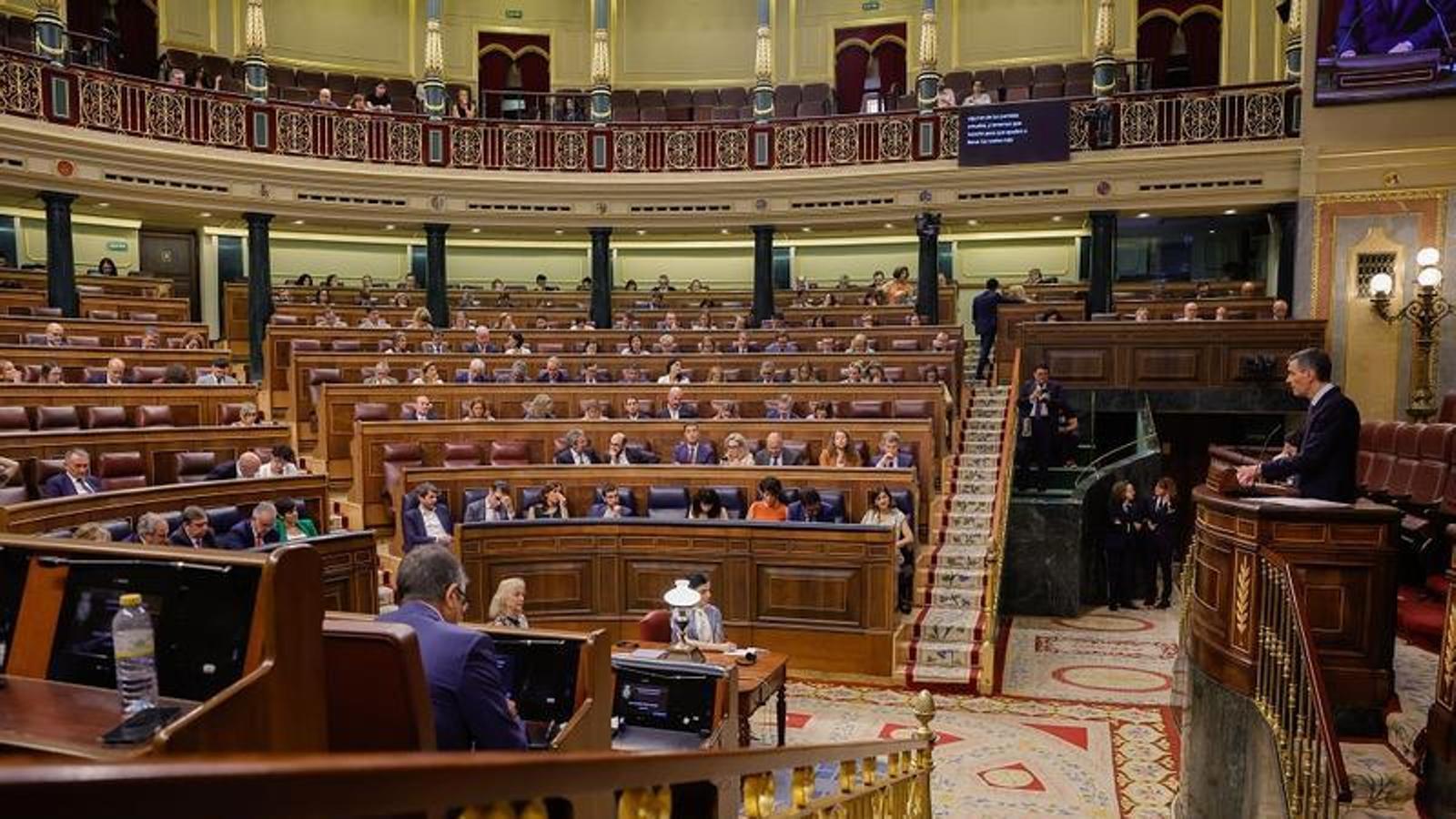Financing: Process, Part 2


""Sequels were never good"
Miguel de Cervantes, Don Quijote of La Mancha, Part 2
The goal of the independence movement—Catalonia's independence—was a very ambitious objective, but not unreasonable. After all, in our geopolitical environment, there is a good number of countries that have achieved independence throughout the 20th century; the Baltic republics and Norway are four particularly successful examples.
If the Process failed, it was due to the senselessness of the means used. First and foremost, without a doubt, was the disregard for building a solid majority in its favor within the Catalan population. This disastrous attitude led to the disengagement laws of September 2017—which no democrat could view with sympathy—and the acceptance of the results of the October 1 referendum despite the lack of guarantees in the recount. No less significant shortcomings were the lack of preparations to take charge of the country and the leaders' unwillingness to make personal sacrifices (regardless of whether they subsequently assumed them with greater or lesser dignity). Hence, the declaration of independence was followed by the disappearance of the leaders who were supposed to implement it.
Having accepted indefinite membership in Spain, Catalan nationalism has revived the goal of obtaining fair funding for the Generalitat. This is a more than reasonable goal, but also a very ambitious one.
It is ambitious, above all, because it requires the Generalitat to receive more resources from the public treasury, which means that these resources will no longer be diverted elsewhere. Added to this difficulty is the traditional antipathy that Catalonia has aroused in much of the Spanish public, at least since its industrialization (Prim made a famous speech denouncing it as early as 1851).
The protagonists in this phase are the ERC (Republican Socialist Workers' Party) and the PSC (Spanish Socialist Workers' Party), who initially adopted different attitudes. Briefly, the ERC's strategy consisted of two elements: tax collection by the Generalitat (Catalan Government), on the one hand, and, on the other, explicit determination of what portion of these taxes would be used to fund the services provided by the State to the Catalans and what portion to solidarity with the other autonomous communities. Note that the improvement in the Generalitat's resources was not quantified: the idea was that shedding light on the accounts would necessarily improve the results.
As for the PSC, its strategy also consisted of two elements: tax collection through a consortium between the Generalitat and the State, on the one hand, and, on the other, the principle of ordinality. Note that this strategy was less ambitious in terms of powers but much more so in terms of resources, since ordinality requires either reducing the resources that some autonomous communities are already receiving (which is unthinkable) or significantly increasing the resources that the Generalitat should receive (over 6 billion euros per year).
Following Salvador Illa's investiture, the ERC and the PSC were able not only to agree on the integration of their models into a single model that incorporates the most ambitious aspects of both, but also to have this synthesis approved by the highest levels of the PSOE.
So far, so good, but neither the agreement between ERC and the PSC nor the PSOE's blessing guarantees its implementation for the simple reason that the model must be approved by the Spanish Parliament, where the signatories do not have a majority. Therefore, the practical difficulties remain.
Under these circumstances, it should be clear that the worst thing we can do is repeat the same mistakes we made during the Process: underestimating the difficulties. To avoid this, it is essential not to lose sight of two things. First, assuming the State ends up ceding fiscal powers to the Generalitat, it will need more than a decade to exercise them, and during this period, the actor will be—de facto, but de jure– a consortium between the State and the Generalitat. The second—and most important—is that the new financing cannot be "unique," since it must be voted on by representatives of other territories under the common regime, some of them even worse funded than Catalonia. In this context, insisting on rejecting any solution that represents a coffee for everyone It is a way like any other to give up on improving the situation of the Catalans.
That the text agreed upon by the Generalitat-State Bilateral Commission on the 14th of last month's water system significantly considers the ERC-PSC agreement? Undoubtedly, but this alone should be reason to strengthen our support for it.
By the way, I must have read Don Quixote about four times, and I've always thought the second part was better than the first.

